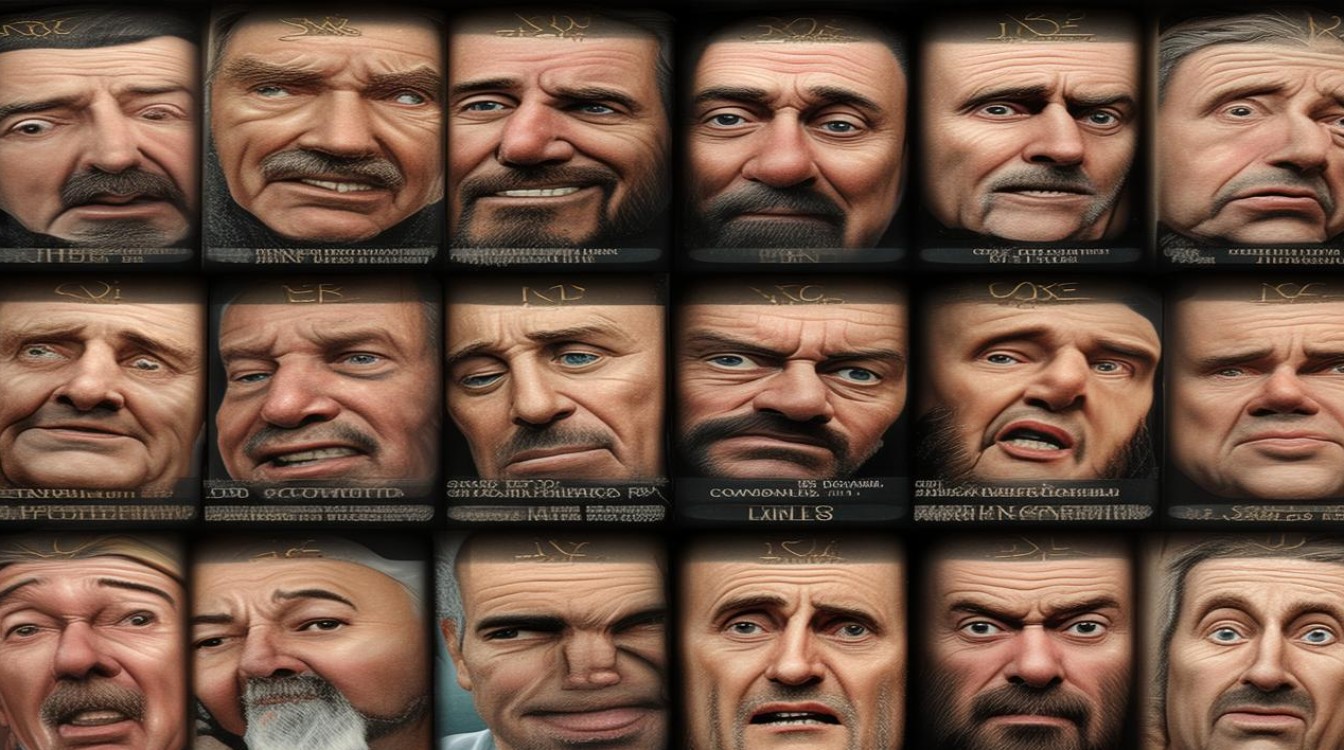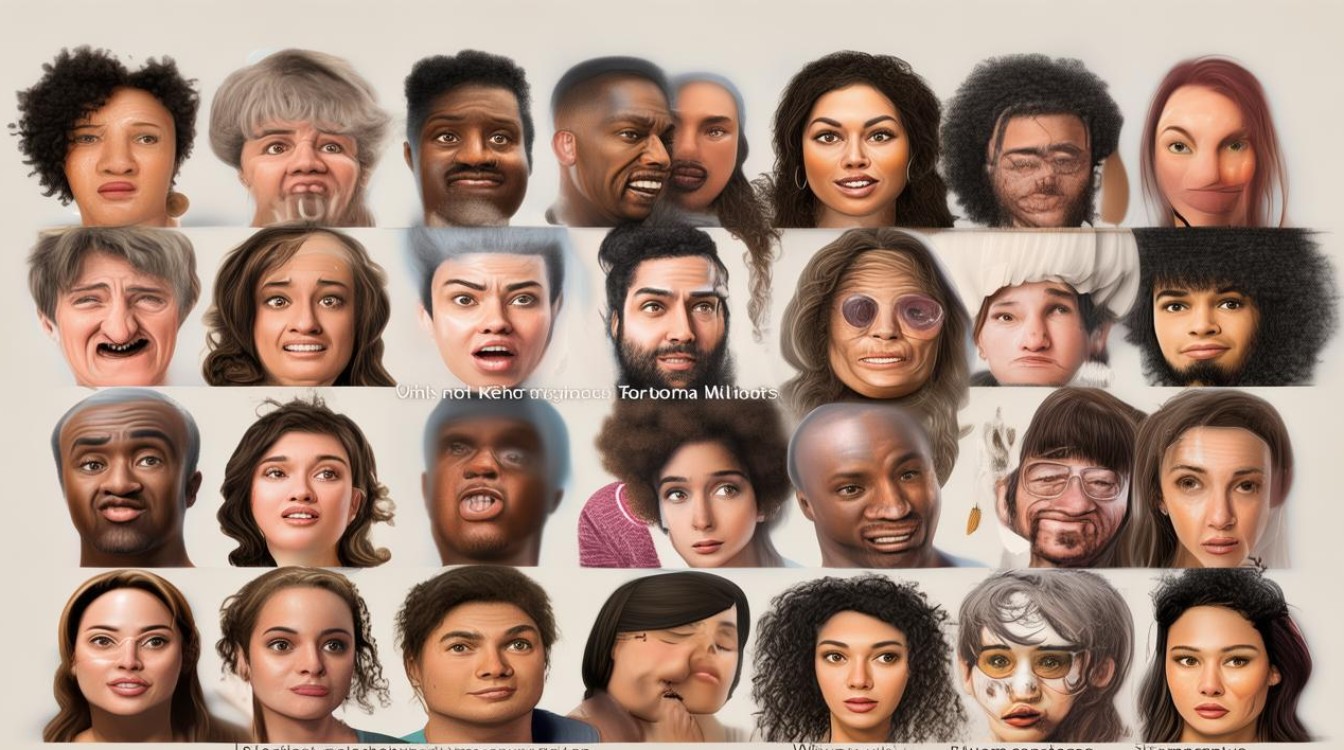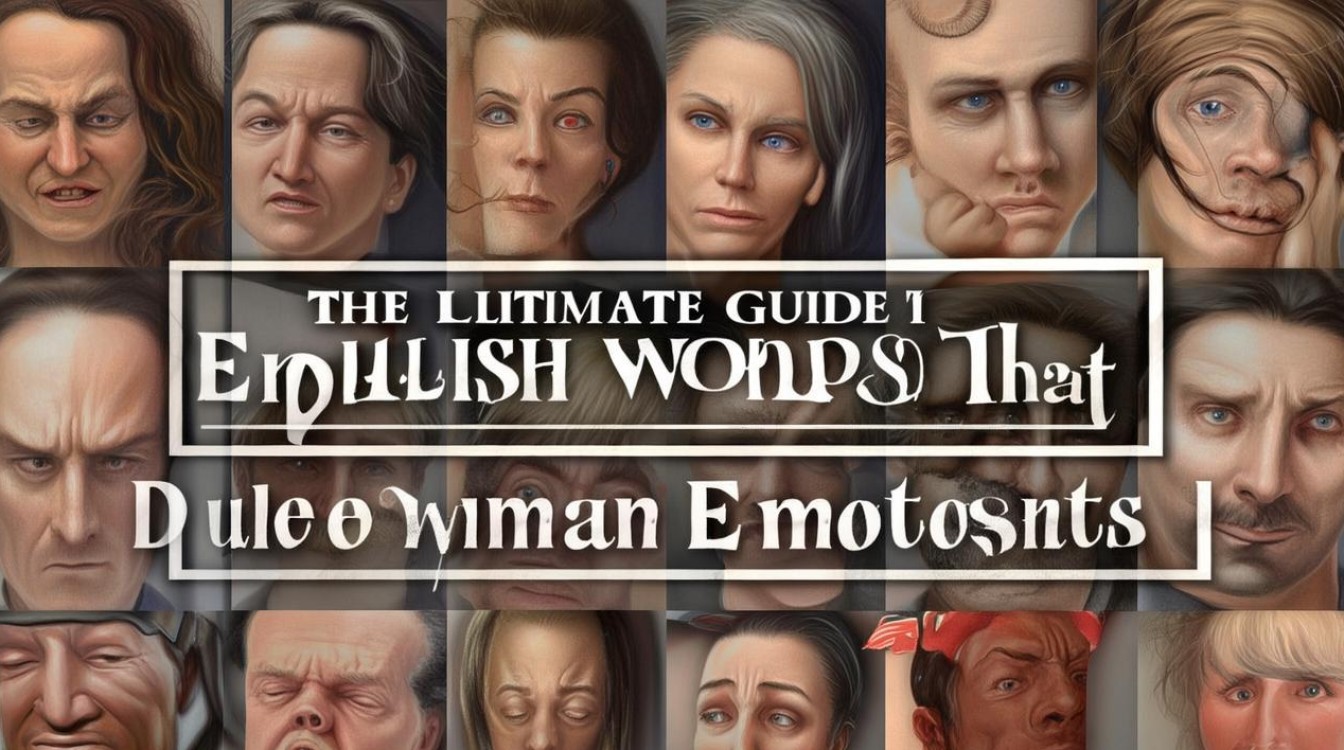Understanding the nuances of human emotions is essential for effective communication. Whether you're writing a story, improving your vocabulary, or simply trying to express yourself better, knowing the right words to describe feelings can make a significant difference. Below is a comprehensive list of English words that capture various emotional states, from joy to sorrow, anger to serenity.

Positive Emotions
Happiness & Joy
- Ecstatic – Overwhelming happiness, often with excitement.
- Elated – Extremely joyful, usually due to success or good news.
- Blissful – A state of perfect happiness, often peaceful.
- Jubilant – Triumphant joy, especially after a victory.
- Content – A quiet, satisfied happiness.
Excitement & Enthusiasm
- Thrilled – Intensely excited, often with anticipation.
- Eager – Keenly interested or impatient for something.
- Enthusiastic – Full of energetic passion.
- Exhilarated – A rush of excitement and energy.
- Giddy – Lighthearted, often silly excitement.
Love & Affection
- Adoring – Deep love and admiration.
- Fond – Warm affection, often nostalgic.
- Devoted – Loyal and deeply committed love.
- Tender – Gentle, caring affection.
- Smitten – Strongly infatuated or charmed.
Negative Emotions
Sadness & Grief
- Melancholic – A deep, reflective sadness.
- Despondent – Feeling hopeless and discouraged.
- Forlorn – Abandoned and lonely sadness.
- Heartbroken – Extreme sorrow, usually from loss.
- Wistful – Longing with a touch of sadness.
Anger & Frustration
- Furious – Intense, explosive anger.
- Irritated – Annoyed, but not extremely angry.
- Resentful – Bitter anger from feeling wronged.
- Livid – Extremely angry, often visibly so.
- Exasperated – Frustrated beyond patience.
Fear & Anxiety
- Terrified – Overwhelming fear.
- Apprehensive – Nervous about something in the future.
- Panicked – Sudden, uncontrollable fear.
- Dreadful – A deep sense of impending doom.
- Jittery – Nervous and shaky.
Complex & Mixed Emotions
- Nostalgic – A bittersweet longing for the past.
- Ambivalent – Mixed feelings, unable to decide.
- Bewildered – Confused and surprised.
- Overwhelmed – Emotionally flooded, either positively or negatively.
- Vulnerable – Open to emotional harm.
Calm & Neutral Emotions
- Serene – Peaceful and untroubled.
- Tranquil – Calm and undisturbed.
- Composed – Collected and in control.
- Indifferent – Lacking strong emotion.
- Placid – Unemotional and undisturbed.
How to Use These Words Effectively
Choosing the right word depends on context. For example:

- "Ecstatic" is stronger than "happy" and suits major achievements.
- "Melancholic" is more poetic than "sad," fitting reflective writing.
- "Exasperated" implies prolonged frustration, unlike "angry."
Reading literature, observing conversations, and practicing writing will help internalize these distinctions.

Emotions shape human experience, and language gives them form. Mastering these words enhances communication, storytelling, and self-expression. Whether writing fiction, journaling, or simply articulating feelings, a rich emotional vocabulary makes every sentiment clearer and more vivid.



